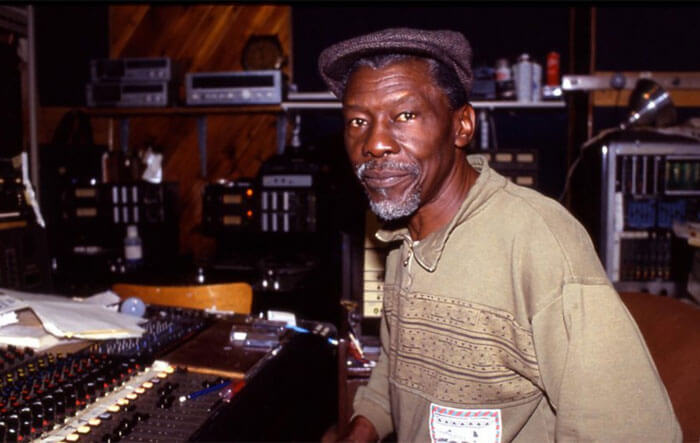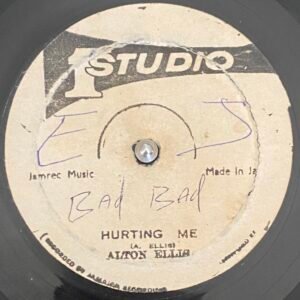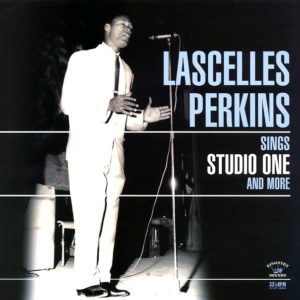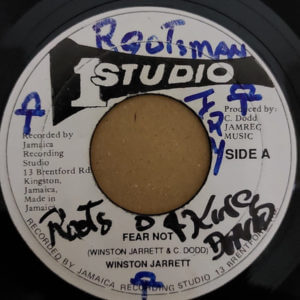The Jamaican record producer Clement “Sir Coxsone” Dodd fostered the career of almost every reggae artist that is famous internationally. He was one of the first to record local talent and he contributed to the evolution of reggae for more than 50 years.
Clement Seymour Dodd was born in Kingston in 1932. He was a good cricket player and got nicknamed “Coxsone” after Alec Coxon, a bright star of the sport at the time. When still young, he would play records to the customers in his parents’ shop. Once he finished school, in the early 1950s he moved temporary to the USA, where Dodd worked temporarily as a laborer in a sugar cane plantation. That’s where he fell in love with early R&B.
He returned to Jamaica with a substantial addition to his record collection, and by 1954 Dodd set up the Downbeat Sound System. Sound systems were basically mobile DJ units with massive amplification power. They gave poor people access to records they couldn’t afford to own, and they were less costly for music clubs to book than full bands.
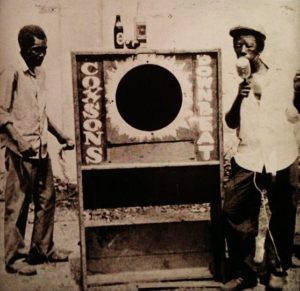
Dodd’s system quickly became one of the most popular in Jamaica, rivalled mainly by that of the flamboyant Duke Reid. Competition was intense, and Dodd made numerous record-buying trips to the U.S. in search of the latest, rarest, and most danceable tunes. In addition to his superior selection of R&B and rare jazz discs, Dodd also had some great artists running his sound systems in the early part of his career, like Prince Buster and Lee “Scratch” Perry.
In 1959, Sir Coxsone formed the first of his many record labels, Worldisc. His early productions included songs with calypso, R&B and jazz echoes. By the early 1960s, he was ruling Jamaica with ska hits by Toots and the Maytals and the Skatalites. He also worked with the likes of Derrick Morgan, Alton Ellis, and Don Drummond.
In 1963, Dodd opened the first black-owned recording studio in Jamaica on Brentford Road in Kingston. Officially called the Jamaican Recording and Publishing Studio, it came to be known as Studio One, which also served as the name of Dodd’s signature label from then on. He signed Bob Marley and the Wailers, selecting Marley as leader and scoring several number ones with them.
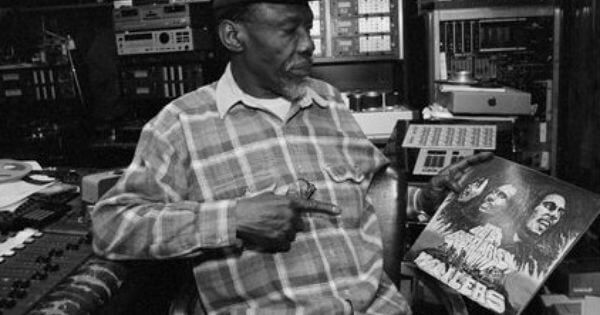
Studio One became an invaluable training ground for an entire generation of Jamaican musical talent. Dodd was constantly scouting for new talent, holding weekly auditions, and often provided vocal training for talented but raw singers.
Dodd was briefly overshadowed by Duke Reid in the mid-1960s, when rocksteady replaced ska. But by 1968 Coxsone was back on top with captivating records by the Heptones, the Abyssinians, and Jackie Mittoo. During the 1970s, Dodd ventured into dub but found most success during the roots reggae era, working with Burning Spear, Horace Andy, Dennis Brown, and Freddie McGregor. At the end of the decade, he produced dancehall material with DJs Lone Ranger and Michigan & Smiley, and artists like Sugar Minott and Johnny Osbourne.
In the 1980s, due to shifts in popular taste and political unrest, Dodd moved to New York City, opening both a studio and a music store in Brooklyn. He returned to Jamaica on occasion and continued to produce records from time to time, though with limited success.
His impact on his country’s music was so strong that, in 1991, Six Coxsone received the Order of Distinction, Jamaica’s third-highest honour. Dodd moved back to Kingston in 1998 and reopened the Brentford Road for new recordings. Studio One’s popularity grew once more thanks to some successful reissues and a dedicated documentary DVD released by London’s Soul Jazz records.
Coxsone died of a heart attack in May 2004, just days after a celebration in his honor, during which the Jamaican government renamed Brentford Road as Studio One Boulevard.
Sources
David Katz – theguardian.com
Steve Huey – allmusic.com
The Music Origins Project – musicorigins.org

